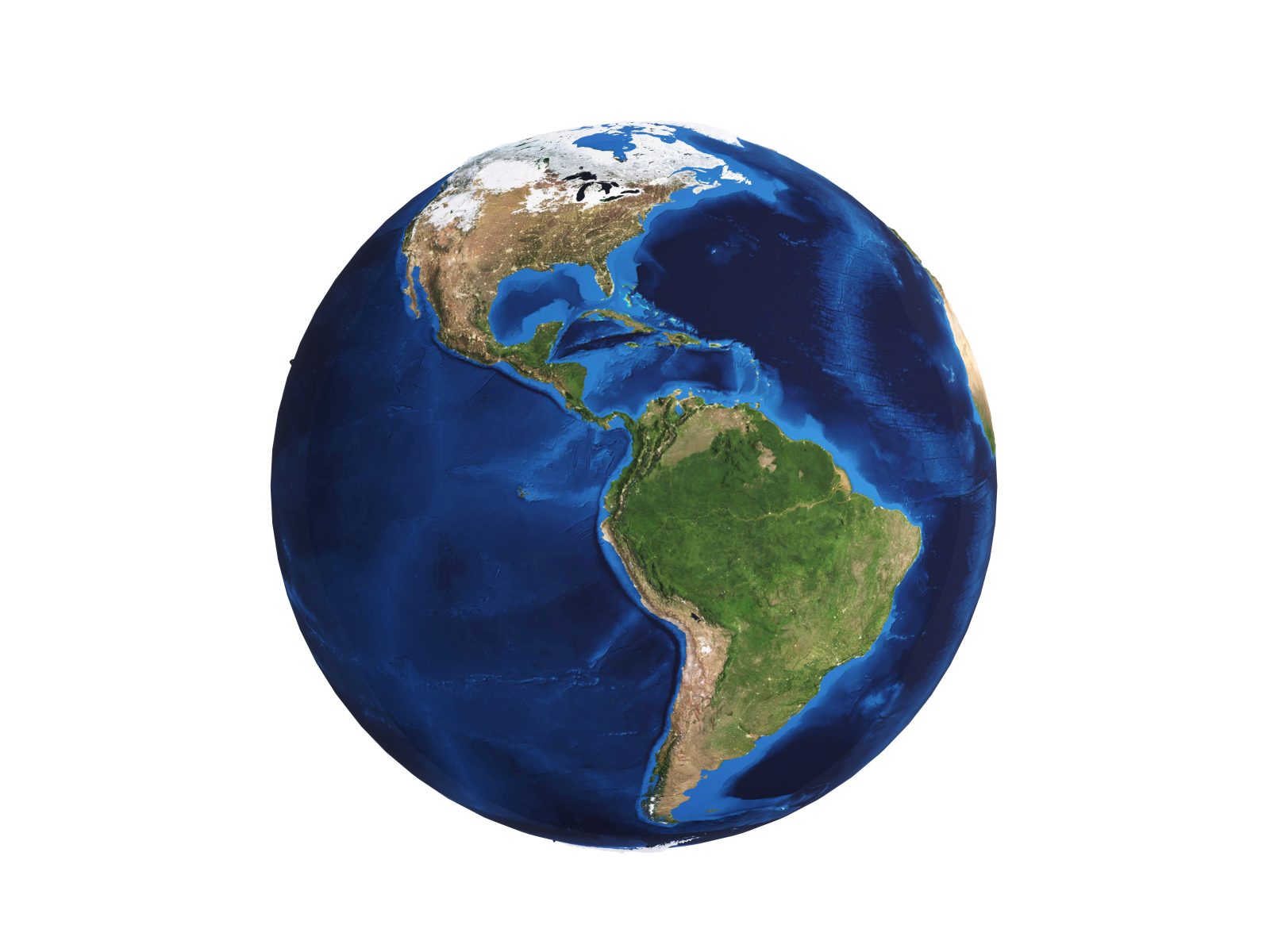Research Framework
“The environment is not a mere collection of objects, resources to be exploited, but rather a system composed of interconnected elements. When we destroy these natural balances, we unleash harmful repercussions upon ourselves and upon all the creatures of this world.” (Laudato Si’, 137)
“Humanity is part of the environment, not its master, because human beings are also dependent on the environment. The world is not a mere collection of objects that can be exploited at our pleasure; it is a living gift that requires respect and care.” (Laudato Si’, 27)
“The environment is not something separate from ourselves or merely a setting in which we live; it is part of ourselves. We human beings are deeply connected to the environment, and our own existence is interwoven with it.” (Laudato Si’, 66)
“We need also to recognize that an attitude of mastery over creation, which frequently manifests itself in the exploitation of the weak, cannot lead to a sustainable and integral ecology.” (Laudato Si’, 105)
“It is not enough just to state that humanity has a duty to care for creation; we also have to recognize that we have sinned against it in many ways.” (Laudato Si’, 155)
“We have been led to believe that we can continue to grow endlessly, consuming ever more of the planet’s resources. This is leading to an ecological disaster of unprecedented proportions.” (Laudato Si’, 53)
“The idea that we can continue to exploit the Earth’s resources without consequence is a dangerous illusion.” (Laudato Si’, 87)





COSMOLOGICAL
TELEOLOGICAL
MORAL
HISTORICAL
ONTOLOGICAL
EPISTEMOLOGICAL
Cosmological
“Cosmological” is defined as a collection of material and non-material entities that predates humanity, comprising the environment and conditions that facilitate the flourishing of life.
This cosmic framework exists independently of our existence, preceding ‘us.’ The invitation extended to us is to contemplate the intricate connections within this cosmological tapestry and derive meaning from these profound relationships.
Teleological
Derived from the Greek word ‘telos,’ teleology concerns an inherent property within organisms that propels them toward a state of accomplishment or fulfillment.
A teleological argument delves into the question of ‘why something exists when there could be nothing.’ This perspective invites contemplation of purpose and the inherent drive within living entities toward specific outcomes or states of being.
Moral
Morality pertains to inquiries into what is deemed ‘right’ and ‘wrong,’ encompassing assessments of intentions, actions, and outcomes.
The identification with ‘corruption’ arises from the perception that it is undesirable, as it tends to favour one party unfairly over another. This moral stance underscores a commitment to fairness, ethical conduct, and the rejection of practices that compromise integrity and equality.
Historical
The current state of affairs is fundamentally shaped by the culmination of preceding events and processes that have collectively given rise to the present moment. Adopting a historical perspective necessitates a contemplation of the accomplishments and developments that have unfolded over time.
Laudato Si’ embraces a historical lens in assessing the achievements of our industrial, socio-economic, and political systems throughout the years and their impact on humanity.
Ontological
Ontology is about the essence of things.
Ontology delves into the essence of things, offering a term applied not only to human existence but also to the profound exploration of the meaning of life.
From an ontological perspective, the emphasis is on delineating the significance of vitality, not just within humanity but also across other organisms.
Epistemological
Epistemology is the field of study for how we determine what we know and how we acquire such knowledge.
An epistemological argument on environmental sustainability is based on the content of information accumulated about the climate and conditions.
How can we change our behaviour because of what we understand as being ‘right’ or ‘wrong’?
Research Framework
Our study of Laudato Si’ examines the typologies of legitimation generated through reference to various type of content. Such types comprise of the literary text and its genre. As the encyclical seeks to enter into dialogue with the public it is trying to present a multifaceted argument between (a) what is happening and (b) what public actions are necessary.
Such content is aimed at generating certain impressions to its audience whilst having some convincing power about (a) why environmental sustainability matters and (b) why do we need to take action.
“The human environment and the natural environment deteriorate together; we cannot adequately combat environmental degradation unless we attend to causes related to human and social degradation.”
The potential for individuals to lose the ability to discern what is truly essential signifies a broader erosion of values and a diminishing understanding of the reasons one should dedicate efforts to sustain them.
Our methodological choice in categorizing different domains provides a nuanced proximity to various realms of legitimation. This research approach facilitates a profound comprehension of the claims articulated and the strategies employed to achieve congruence with a given audience.
Consider the ongoing discourse surrounding Artificial Intelligence (AI) and the pervasive question of its impact on humanity—whether it is ‘good’ or ‘bad.’ The underlying concern here pertains to its utility and the potential for disparate advantages or disadvantages among different groups.
The apprehension surrounding AI stems from its pervasive influence and the subsequent implications for its utility. While AI possesses the capability to navigate intricate processes, its true value for advancing human interests hinges on its responsible usage. In the event that individuals or entities subject society to AI’s formidable power without due consideration, the consequences can extend beyond mere advancement. AI, despite its ability to execute complex tasks, remains constrained by the ethical imperative to ensure it functions as a beneficial tool rather than a potential catalyst for societal disruption or harm. This apprehension underscores the need for a thoughtful and conscientious approach to the integration of AI within the societal framework.



Copyright © 2025 Divi. All Rights Reserved.